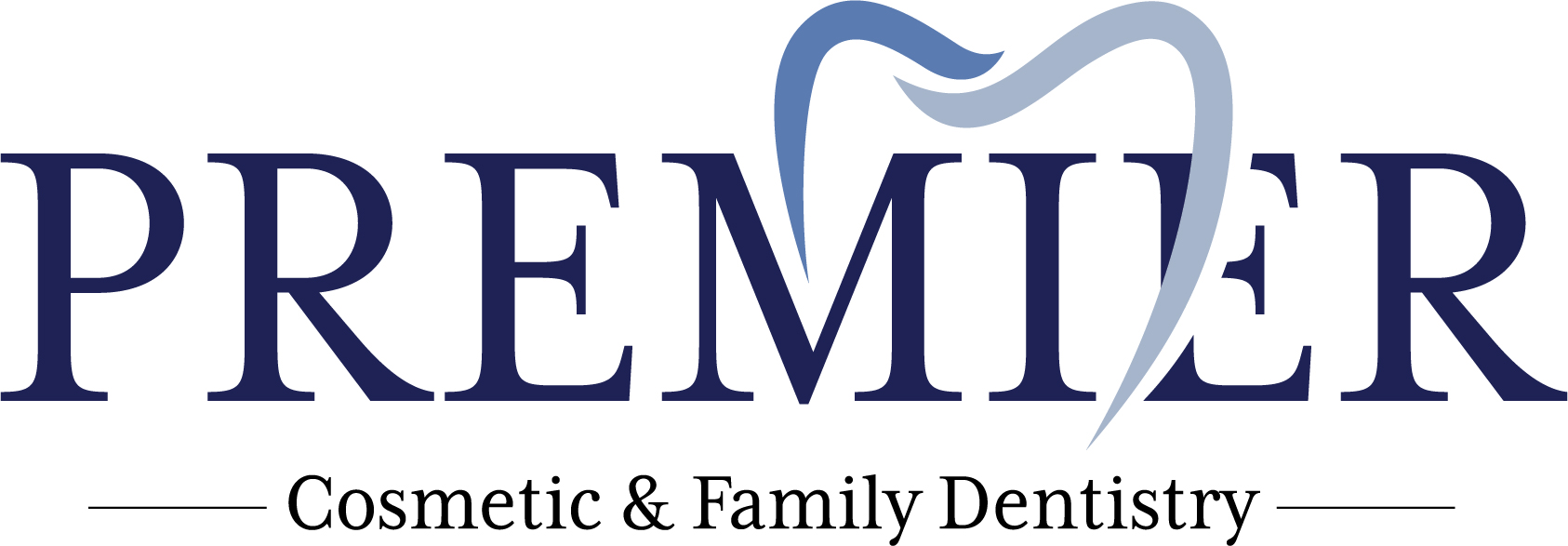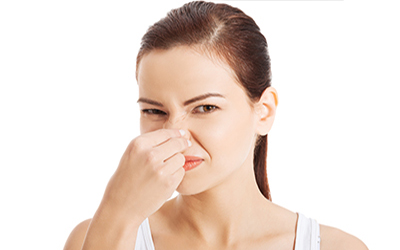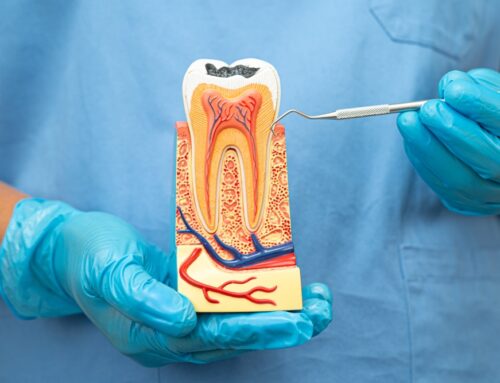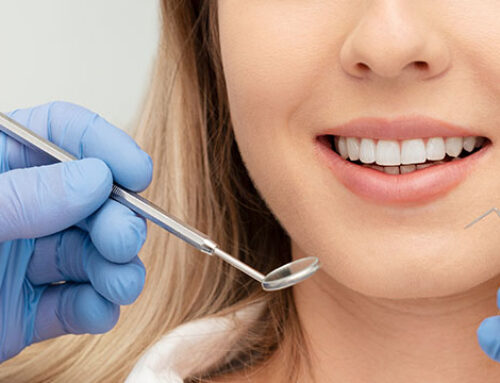Bad breath is also known as halitosis. It can be embarrassing and frustrating to deal with. This condition affects millions of people worldwide. It’s not only a social concern but can also be an indicator of underlying oral health issues. In this blog, we explore the most common causes of bad breath. We also provide actionable strategies to help you combat this common problem.
Importance of Good Oral Hygiene
Maintaining good oral hygiene is crucial for preventing bad breath. Proper brushing and flossing help remove food particles and plaque from the teeth. This helps to prevent bacteria from thriving in the mouth. This bacteria can cause and worsen bad breath. Regular dental check-ups and cleanings are also vital to protect your oral health. It can help identify and address underlying oral health issues causing bad breath.
Common Causes of Bad Breath
Poor dental hygiene is the leading cause of bad breath. Not brushing and flossing your teeth can lead to the build up of food particles and bacteria in the mouth. This bacteria causes unpleasant odors and can lead to more serious health issues. The rough surface of the tongue can harbor bacteria and food debris. This can lead to foul-smelling breath. Regular tongue scraping can help prevent this issue. Saliva plays a crucial role in cleaning the mouth and neutralizing acids from plaque. A dry mouth can result in bad breath, as there is less saliva to wash away bacteria and food particles. Infections in the mouth, such as gum disease or tooth decay, can contribute to bad breath. These conditions create an environment where bacteria thrive and produce foul-smelling compounds. Consumption of pungent foods like garlic and onions can lead to temporary bad breath. Habits like smoking and excessive alcohol can lead to more permanent bad breath.
Combating Bad Breath
Bad breath can be annoying to deal with. The good news is that there are several ways to prevent bad breath from getting in the way.
- Maintain a Consistent Oral Hygiene Routine. Brush your teeth at least twice a day and floss daily to remove food particles and plaque. Consider using an antimicrobial mouthwash to further reduce bacteria in the mouth.
- Stay Hydrated. Drink plenty of water throughout the day. Staying hydrated helps to maintain adequate saliva production. This helps cleanse the mouth and prevent dry mouth-related bad breath.
- Clean Your Tongue. Use a tongue scraper or incorporate tongue cleaning into your oral hygiene routine. This helps to remove bacteria and food debris from the surface of the tongue.
- Address Underlying Dental Issues. Visit your dentist to address any dental problems. Gum disease, cavities, or infections that may be contributing to bad breath.
- Watch Your Diet and Lifestyle Choices. Limit the consumption of strong-smelling foods and beverages. Consider quitting smoking to improve your oral health and reduce bad breath.
Contact Us
Addressing bad breath requires a multifaceted approach. You have to focus on good oral hygiene. By identifying common causes of bad breath, you can take proactive steps to combat this. By integrating these strategies into your daily routine, you can manage bad breath. Contact us to schedule your dental screening for this year. Make sure to mention your concerns about your bad breath.






